Six decades of Runa Laila: from dance prodigy to music icon, never silenced
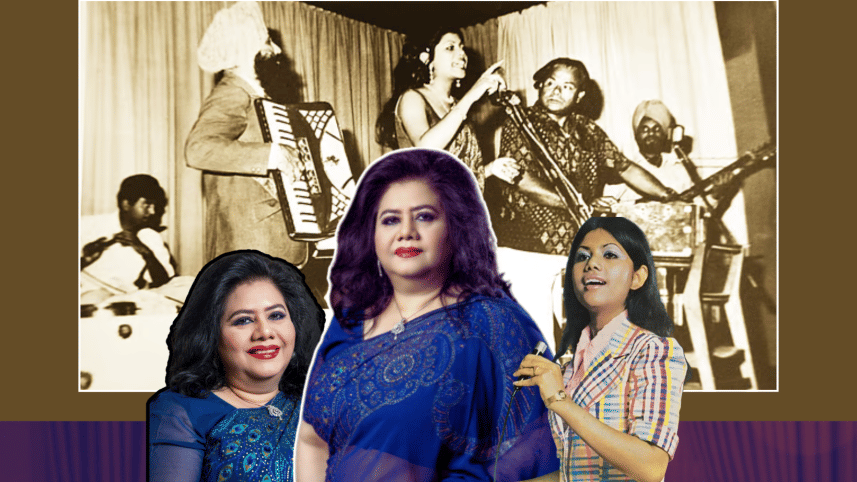
For over six decades, Runa Laila has remained one of South Asia's most enduring voices. Revered for her mastery across Bengali, Urdu, and Hindi, the Bangladeshi singer has long been celebrated as a bridge between cultures and generations. But her path to becoming a musical icon was far from effortless.

When Runa returned to Bangladesh in the 1970s after building a successful career in Pakistan, she faced hostility and professional exclusion from sections of the local music industry. Some artists refused to share a stage with her, while others attempted to sideline her altogether. Yet, she kept singing. "When they tried to boycott me," she recalled, "the audiences still loved me. Musicians still played; music directors still worked. The boycott could not last," the artiste said in an exclusive interview with Prothom Alo.

Born in Sylhet and raised partly in Karachi, Runa began her artistic journey not with music, but with dance. Her father, Emdad Ali, served as a senior government officer, and her mother, Amina Laila, enrolled her at the Bulbul Academy of Fine Arts in Karachi. There she studied kathak and bharatanatyam under Afroza Bulbul for four years. Even now, she admits that traces of dance often find their way into her stage performances.
Her transition to music was almost accidental. While her elder sister Dina Laila took singing lessons from ustads Abdul Kader and Habibuddin Ahmed, young Runa would listen from the next room, memorising the songs. One day, Abdul Kader overheard her singing and was stunned. He predicted she would one day achieve great fame — a prophecy that quickly came true.
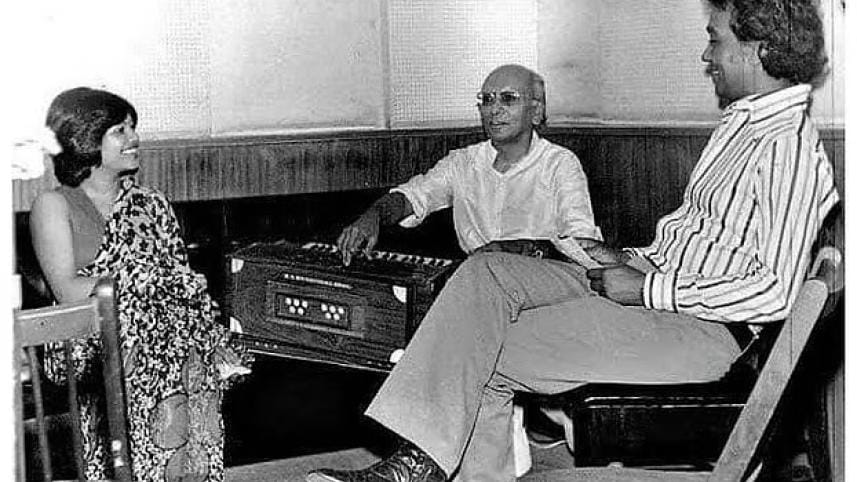
At just 12, Runa recorded her first playback song, "Guria Si Munni Meri", for the 1965 Urdu film "Jugnu". The composition, recorded at Karachi's Eastern Studio, marked the beginning of a prolific career that would soon make her a household name across Pakistan and beyond. By the early 1970s, she was regarded as the most promising singer after Noor Jehan.
Runa's fame spread across borders, particularly in India, where her versatility and clarity of diction won her a vast following. Over time, she would record in 17 languages, including Punjabi, Sindhi, Gujarati, Pashto, Arabic, Persian, Nepali, and English. Her voice came to symbolise a rare kind of cosmopolitan artistry—rooted in the subcontinent yet open to the world.
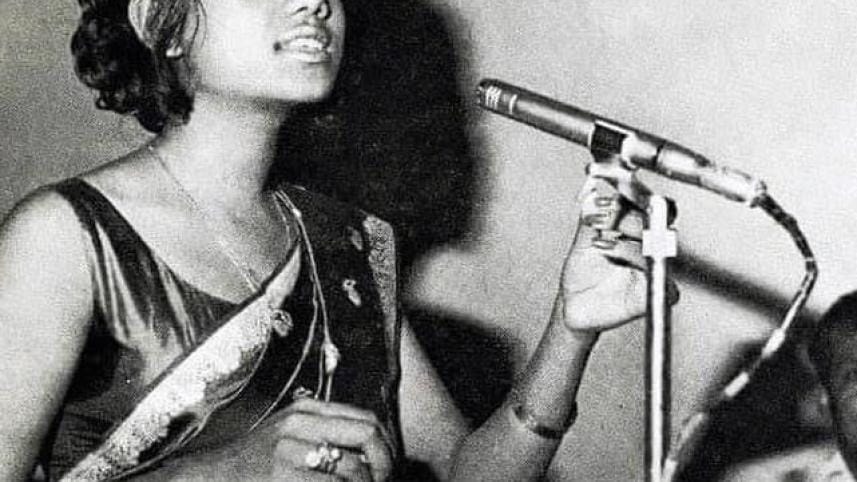
Her return to Bangladesh during the mid-1970s, however, came with new trials. Some within the industry resented her success abroad, and attempts were made to isolate her professionally. Yet, she refused to be discouraged. "My life is my song and my family," she told Prothom Alo. "If you stay positive, you can cross any obstacle."
Faith and resilience became her anchor. "I never broke down," she said. "If there's talent, no barrier can stop you. My greatest strength has been people's love and respect."
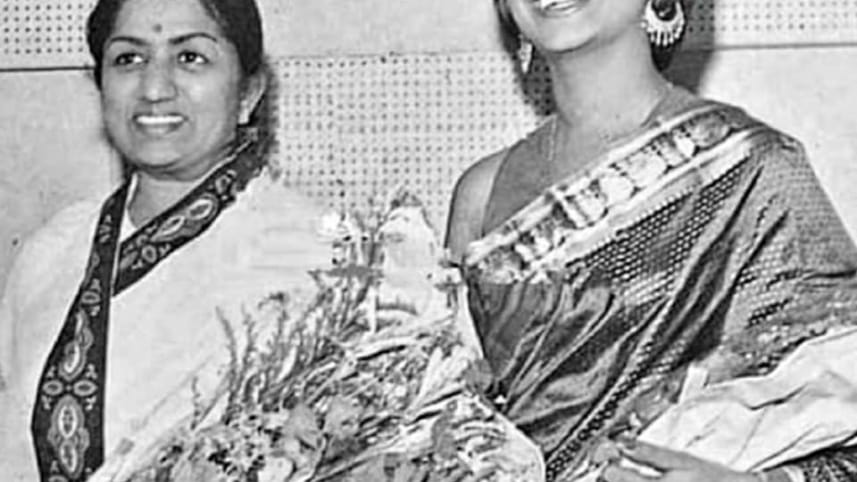
Runa's creative achievements speak for themselves. She collaborated with legendary composers like Nisar Bazmi in Pakistan and later recorded more than 30 songs in just three days for a Mumbai studio project, a feat recognised by the Guinness Book of Records. In 1982, her album "Super Runa" — composed by Bappi Lahiri and produced by EMI at London's Abbey Road Studios — sold over a hundred thousand copies on its first day, earning her a gold disc.
Her music continues to transcend time and borders. Whether romantic, melancholic, or devotional, her songs still resonate with generations of listeners. To mark her six decades in music, Maasranga Television is airing a special episode of its programme "Star Night", featuring rare footage, photographs, and tributes from leading artists across Bangladesh, India, and Pakistan.
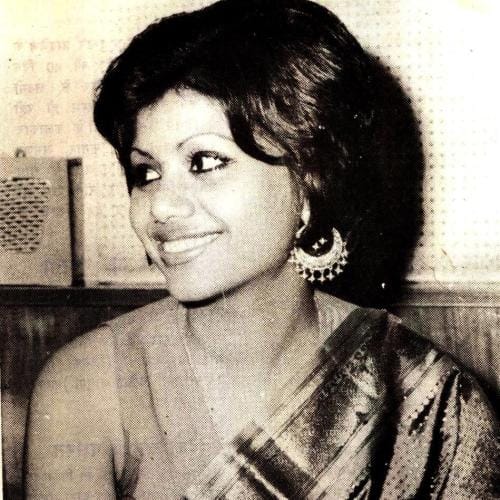
Reflecting on her journey, Runa remains grounded in faith and humility. "I have never wished harm on anyone," she said. "If someone wronged me, I still spoke well of them. I've always believed that the Almighty sees everything — and that good or bad, everyone faces justice in time."
Six decades later, her voice remains as luminous as ever — a sound that, much like its singer, has outlasted boycotts, borders, and time itself.



 For all latest news, follow The Daily Star's Google News channel.
For all latest news, follow The Daily Star's Google News channel. 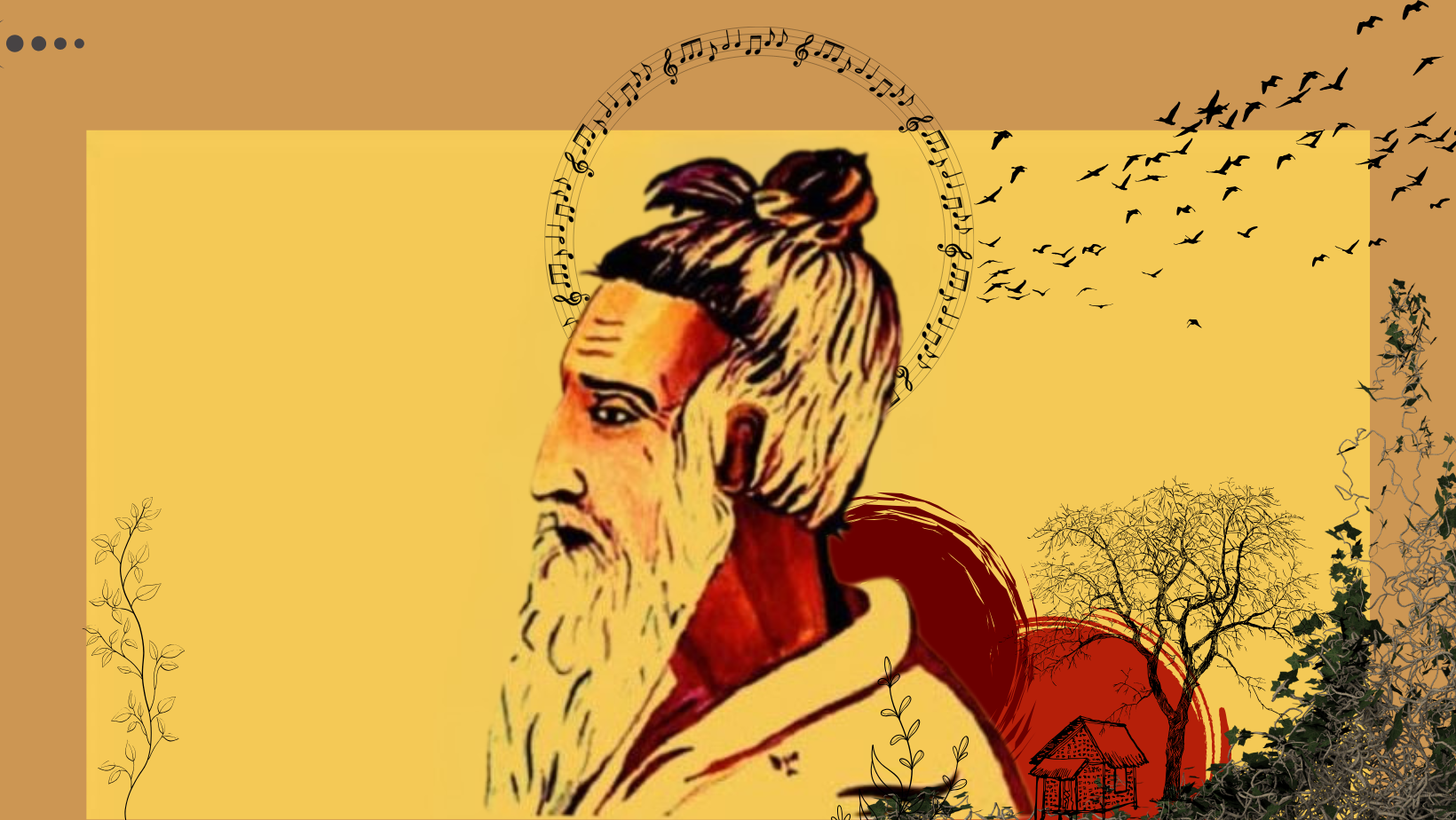
Comments